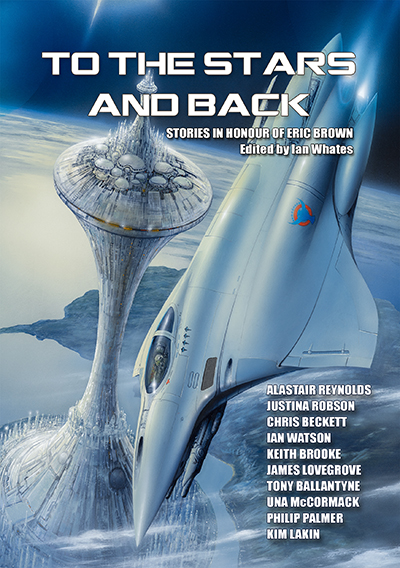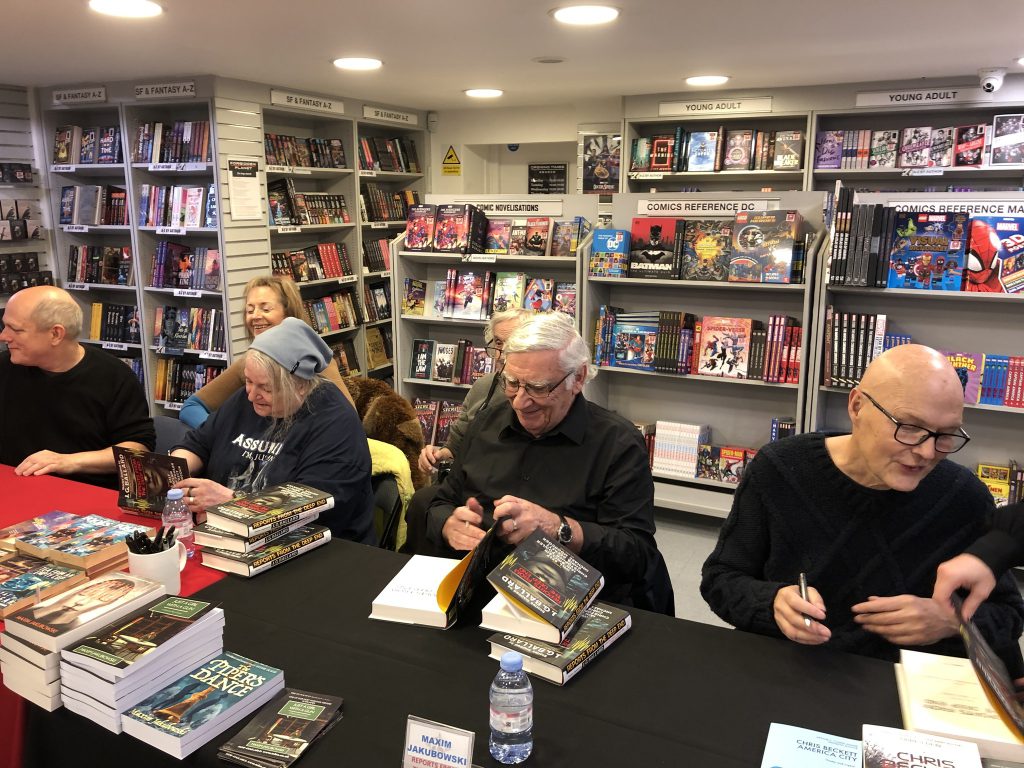As I’ve mentioned before, I sometimes go to the Museum of Classical Archaeology with a friend of mine, to try and draw some of their magnificent collection of casts of Greek and Roman Statues. I’m not particularly good at drawing, and the Greeks and Romans were very good indeed at sculpting, so, as much as anything, it’s an exercise in appreciation: sitting in front of amazing images, and just taking them slowly in.

One of my favourites is this bust of Athena, the goddess of wisdom. In my imagination, she is looking down at the human world, but, although I’ve tried many times, I’ve never been able to capture her expression in a drawing – or for that matter in words. She is interested, certainly, but in what way? Is this the expression of a scientist observing an ant’s nest, or a chess player considering her next move? Or maybe a falconer standing on a cliff and watching her hawk below as it circles above its prey?
We have so much acuity in recognising tiny nuances in faces, and yet it is extraordinarily hard to reproduce them, and even harder to name them.


